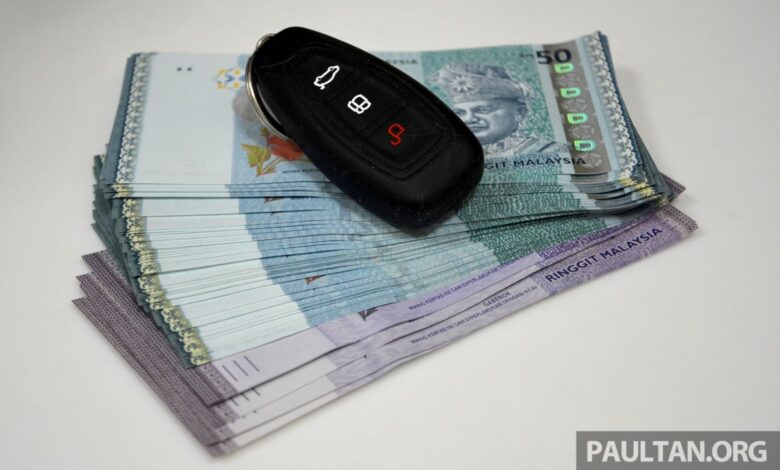No more ‘full car loans’ from August 2024? E-invoicing via MyInvois will soon affect car buyers

The Malaysian Inland Revenue Board (LHDN) announced in May 2023 that it will implement Electronic bill in phases, the first of which will begin on August 1, 2024. So what is the program and how does it affect you, the car buyer?
Basically, one Electronic bill is a digital representation of a transaction between a buyer and a seller, formatted in a structured, machine-readable manner. LHDN offers two mechanisms for transmitting e-invoices, via the MyInvois portal and/or an application programming interface (API) linked to the companies’ tax system. The government said the introduction of e-invoicing is to promote automation, which will reduce the time it takes for invoices to reach customers and be approved.
In addition to speed, another benefit is accuracy, as electronic invoicing can minimize errors or omissions that can occur when invoicing manually. This is important in the purchase and sale of cars, as it essentially eliminates discrepancies in invoices sent between parties – including the LHDN – as the declared amounts must match.
This effectively eliminates situations where car buyers are offered “full financing” – this is when you don’t have to make the usual 10% down payment on a 90% installment loan. To achieve the “full financing” amount, the dealership will mark up the invoice price when submitting the loan request to the bank, so that the approved loan amount equals or exceeds the actual price of the car.
Why would someone take out a full loan? Perhaps they can’t afford the minimum 10% down payment but still want to buy a particular car. One way to increase the invoice value is to add a bunch of extras (tinted glass, camera, etc.) to push up the purchase price before applying for a loan.
For example, let’s say a car has a rolling price of RM40,000, that means the maximum loan amount possible (90% of the car price) is RM36,000, the remaining 10% down payment is RM4,000.
The car buyer cannot afford the down payment and both parties agree to a “full loan”, so the sales agent inflates the invoice with some extra charges, pushing the total price to RM45,000. Now, the maximum loan amount is RM40,500 (90% of RM45,000), which is enough to cover the cost of the car, hence the “full loan”.
The sales agent could then submit an invoice with a different amount to the government – this is the omission of information that the e-Invoicing system is supposed to prevent. With e-Invoicing, all invoices must go through the LHDN, so the SA cannot just flag one invoice because the numbers on all the other invoices must match.
Technically, “total loans” are not allowed, but some banks still offer them openly as part of special promotions with automakers (here are some examples: first, 2, 3). However, banks are not stupid and will impose a cap on the markup because it is unreasonable for a RM40,000 car to have to mark up the price by 50% (or RM20,000) for accessories so that the customer can “make a profit” on the transaction.
That said, in some cases, the SA may even bill you for more than the price of the car, with the buyer getting the difference. If you want to get “cash back” on the car, that’s a bad idea because the loan amount will be larger, the monthly payments will be larger, and the insurance premium – based on the marked-up loan – will also be higher. The latter means higher insurance premiums. This practice is not uncommon with used and used car dealerships, as they set their own prices.
As mentioned earlier, e-invoicing will start in August, but will initially be mandatory for taxpayers engaged in commercial activities that generate an annual turnover of more than RM100 million. In January 2025, the requirement will be extended to those with an annual turnover of between RM25 million and RM100 million. By July next year, all taxpayers engaged in commercial activities will be required to implement e-invoicing, although anyone can opt in earlier.
The implementation of e-Invoicing will definitely impact car purchases in Malaysia. What do you think about this move? Have you ever taken out a “full” loan? Share your experience in the comments section below.
Looking to sell your car? Sell it with Car.







